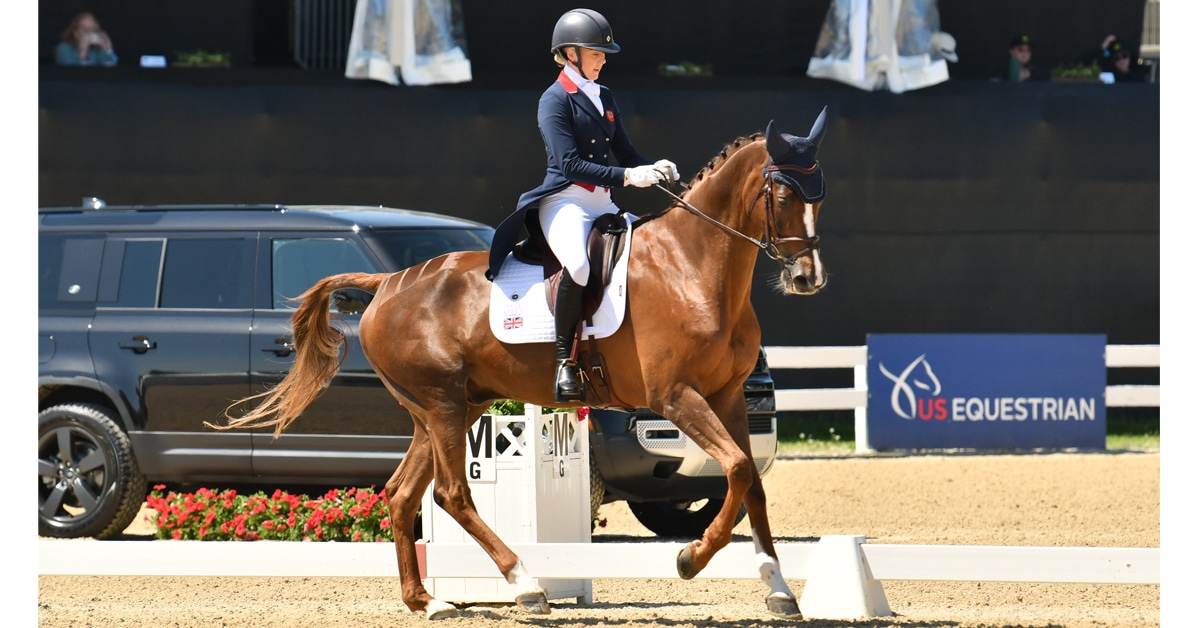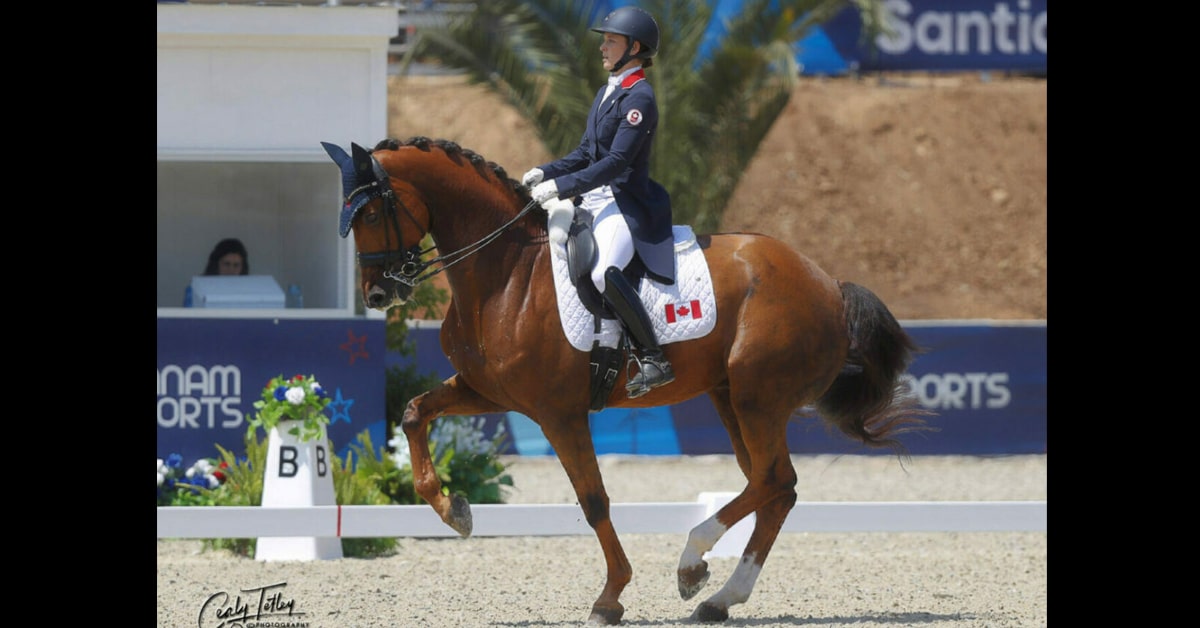Hopes that equine herpesvirus (EHV-1) had not affected horses at the second Spanish jumping tour in Vejer de la Frontera have been dashed with news that six of top Australian rider Amy Graham’s horses have tested positive upon return to France.
Graham’s positives are in addition to a positive involving another Vejer horse recently returned to Belgium, which was officially notified by the FEI last night (March 9). That case led to the “blocking” on the FEI database of all horses which had been in Vejer since February 9.
Graham, based in Normandy, France, disclosed her findings today on Facebook. She had taken eight horses to Vejer, and says her decision to leave the premises last week was not taken lightly. Worryingly, her horses all had up to date EHV1 vaccinations. Currently the six affected are asymptomatic.
This latest setback would appear to vindicate the FEI’s decision on March 5 to cancel Vejer immediately in the wake of the growing crisis at the jumping tour in Valencia 800km further north, even though there were no confirmed positives in Vejer at the time.
The news comes just hours after the Sunshine Tour organisers in Vejer issued a long and aggrieved statement about the FEI’s decision to cancel them when their seven-week tour still had three weeks to go. They say that once FEI officials no longer had jurisdiction it was up to other vets to issue papers and coordinate the wellbeing and departure of some 1,500 horses. Some horses had only just arrived after long journeys.
The Vejer statement was circulated before these new positives were known. It goes into great detail about one horse which was showing neurological symptoms at the end of February but tested negative, and another with a slight irregularity in the hindquarters which was immediately isolated due to the sensitivity of the situation.
Originally the Sunshine Tour was to be allowed to jump through to Sunday, March 7, to allow for a staggered departure of horses. But amid the escalating crisis in Valencia, the FEI decision to cancel immediately was made on the afternoon of March 5, though not communicated to riders till 6 a.m. the next day which Vejer feels was “dishonest.”
The FEI says that the results of the first suspected case in Vejer were negative but also “inconclusive.” The new positive in Belgium had been in close contact with the first Vejer horse.
The FEI adds that while it is aware of reports on social media of other equine deaths, to date 11 have been officially confirmed.
More from News:





